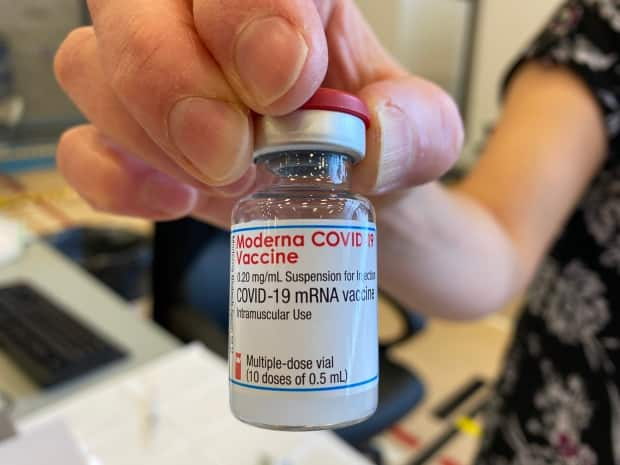No diverting of vaccines without clear consensus, says federal minister

Federal intergovernmental affairs minister Dominic LeBlanc says Ottawa will not divert any COVID-19 vaccine doses from Atlantic Canada to Ontario without a clear consensus from provincial premiers.
And he points out it's already obvious that consensus doesn't exist.
LeBlanc, the MP for Beausejour and the minister coordinating vaccine distribution, was responding to a suggestion from the Canadian Medical Association that provinces with low case rates forego some vaccine so it can be used in Ontario, where case rates are soaring.
LeBlanc pointed out that last fall the Council of the Federation, made up of all provincial and territorial premiers, agreed unanimously that all vaccines arriving in Canada should be distributed to the provinces per capita, based on their populations.
"Our view that the government of Canada would not unilaterally change those arrangements unless the Council of the Federation or the premiers by consensus came back to us with another proposal," LeBlanc said Monday.
"We are not going to, on our own, adjust that formula."
LeBlanc said if a consensus for a change emerged, "we would look at it," but based on public comments by some premiers and his own private conversations, "there does not appear to be an easy consensus on adjusting the formula."
Higgs not ruling out diversion
Last Friday, Premier Blaine Higgs would not rule out consenting to a diversion of New Brunswick's vaccine allocation.
"I don't think we should dismiss it," Higgs said, "I don't think that's the Canadian way."
But two other Atlantic premiers, Iain Rankin of Nova Scotia and Andrew Furey of Newfoundland and Labrador, said they would oppose shifting vaccine shipments.
LeBlanc also pointed out that vaccines take two weeks to protect recipients from COVID-19, so diverting doses there "won't stop the immediate need for aggressive and effective public health measures in Ontario."
LeBlanc said he's been talking to premiers about whether other health care resources, including people, can be diverted to Ontario as long as there is no effect on their own province's services.
"It's entirely in the provincial government's wheelhouse to decide what and who can be made available, if at all possible," he said.
The federal government is willing to cover the travel, accommodation and salary costs of any health care personnel who volunteer to pitch in.
Higgs spokesperson Nicolle Carlin said any decision would be made by the all-party cabinet committee on COVID-19 and by cabinet with input from the regional health authorities.
"Any human resources that could potentially be shared would also be based upon medical professionals in our province volunteering to assist in another province," she said.

